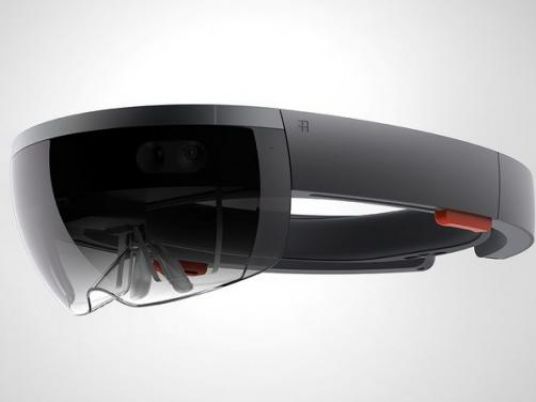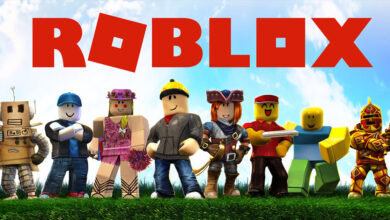
Video game makers are being lured into virtual worlds in the hope players will dive in behind.
Virtual reality headgear makers including Sony and Facebook-owned Oculus were at a Game Developers Conference here this week to tout the promise of putting players so deeply into game worlds that they seem real.
"Virtual reality headset makers are looking for great games that help show off the power of the hardware," said Scott Steinberg, chief of video game consulting firm TechSavvy Global.
"At the end of the day, it comes back to what the play experience looks like; how fun the game is, and whether it makes a meaningful case for people to want to buy the system, especially in the case of VR which has come and gone many times before."
Virtual reality has been heralded in decades past as the next-big-thing in gaming, but those behind hardware this time around believe the technology is getting good enough to deliver on the promise.
Sony on Wednesday unveiled a new-generation prototype of "Morpheus" virtual reality headgear and said a version for consumers is on track for release in the first half of next year.
The Japanese consumer electronics titan did not disclose how much it planned to charge for the virtual reality (VR) system synced to work with its popular PlayStation 4 video game consoles.
"With the technical specs achieved on the new prototype, we are one step closer to realizing our vision for making amazing VR experiences on PS4, and ultimately to deliver a real sense of presence to players," said Sony Computer Entertainment Worldwide Studios president Shuhei Yoshida.
Valve and Taiwan-based smartphone maker HTC announced this week that they are working together on Vive virtual reality headgear to be released by the end of this year.
Oculus chief technology officer John Carmack told a packed room of developers at GDC that the company is working with South Korean consumer electronics colossus Samsung on a next-generation Gear VR device likely to be released late this year.
Bigger than gaming
Carmack was convinced that a big chunk of the global population will want to dive into virtual reality, and that once there they will wind up playing games.
"I think that virtual reality is bigger than gaming," Carmack said. "I honestly do see a world with a billion people using virtual reality headsets."
He said that while the VR headset of his dreams, which lets users go mobile without wires, is years away but that meaningful advances were being made in making gear ergonomic and imagery comfortably smooth.
Mistimed VR imagery has been known to make people nauseous, especially if they move their heads around too much.
"There is no denying there is a real issue here," Carmack said.
"I am kind of surprised that we don't have more people-vomiting-with-Gear-VR YouTube videos out by now, because I am sure it has happened someplace and someone must have caught it on video."
Morpheus improvements touted by Sony included speedier rendering of imagery to eliminate flicker or blur.
Carmack advised game makers to begin crafting VR titles, no matter which headgear they target.
"VR certainly promises to offer some new angles and perspectives on gaming, but whether it translates into major sales or major interest in the mainstream has yet to be determined," Steinberg said.
Mind-controlled play
Startup MindMaze used GDC to debut MindLeap headset technology that incorporates virtual and augmented realities as well as sensors for thought-powered play.
MindMaze has used the technology to help stroke victims recover function and amputees get rid of phantom pain, and is now targeting gaming.
"The one journey that all the VR goggle manufactures are taking is how do you get your body in this space," said MindMaze founder and chief Tej Tadi.
"What you emote, what you feel, how you move will be integrated and replicated in VR so you really believe you are in the virtual world."
International Game Developers Association executive director Kate Edwards said that virtual reality gear being touted at GDC was compelling, but that she and other industry veterans have been pitched the wonders of VR in decades past.
"It is really compelling, but it is ultimately going to come down to content," Edwards said.
For game studios being counted on to create those great titles, VR remains an unknown quantity.
"There is a lot of experimentation and very little certainty regarding what is coming to market," said Steel Crate Games co-founder Ben Kane, who was showing off a VR bomb-defusing party game called 'Keep Talking and Nobody Explodes."
"VR will probably really hit its stride outside of games. It has the potential to be huge in telepresence, real estate, and virtual tourism."




